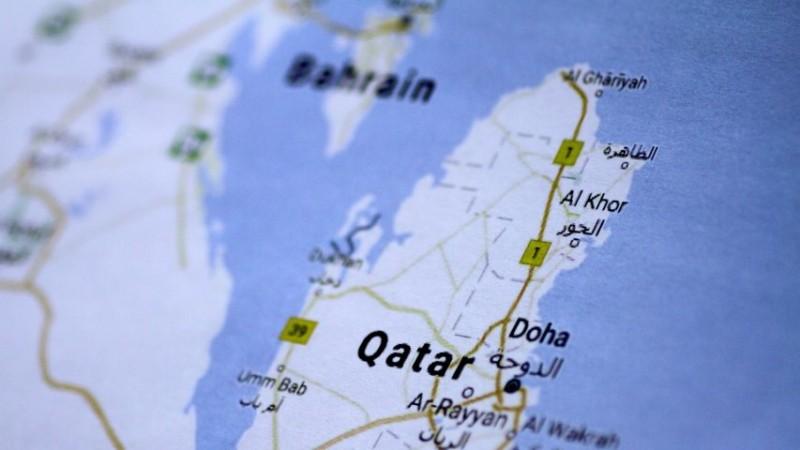Qatar, which is in the throes of a deepening diplomatic crisis, on Tuesday said it plans to increase the natural gas production by 30 percent over the next few years.
The energy-rich nation has been isolated in the Gulf after United Arab Emirates (UAE), Yemen and Egypt announced last month that they have joined Bahrain and Saudi Arabia in withdrawing their diplomatic staff from Qatar. The Gulf nations said their decision was based on the claims that Qatar supported Islamist groups and associated with terrorism.
The head of Qatar Petroleum, Saad Sherida Al-Kaabi, while addressing a press conference said the country intends to raise the production of natural gas to 100 million tonnes a year by 2024.
"Last April, we announced our intention to develop a new gas project in the southern sector of the North Field that can be targeted for export," Kaabi said. "Once completed within 5-7 years from now, this project will raise the production of Qatar to about 6 million barrels of oil equivalent per day."
"This new project will strengthen Qatar's leading position," Kaabi told reporters. "We will remain the leader of LNG for a very long time."
Qatar is the world's biggest producer of Liquefied Natural Gas (LNG).

Despite sanctions imposed on the country by key Gulf nations, Qatar's financial position is not likely to debilitate considering its major LNG buyers including China, India, Japan, South Korea, will take a soft stance on the country's burgeoning crisis.
Reports state Qatar's current LNG production is around 77 million tonnes per year. Kaabi said the expansion plans of the country will increase the LNG output up to the equivalent of six million barrels of oil per day.
The head of Qatar Petroleum also added that Qatar wants the production increase to be carried out through a joint venture with international firms. However, Saudi Arabia and its allies have threatened to sanction international firms working with Qatar if the tiny-Gulf nation fails to meet their demands.
Kaabi, in the wake of Gulf threat, said Qatar will still go ahead with its plan regardless of a joint venture.
"If there are no companies willing to work with us, we will do the 100 million tonnes," he said, according to Reuters.















